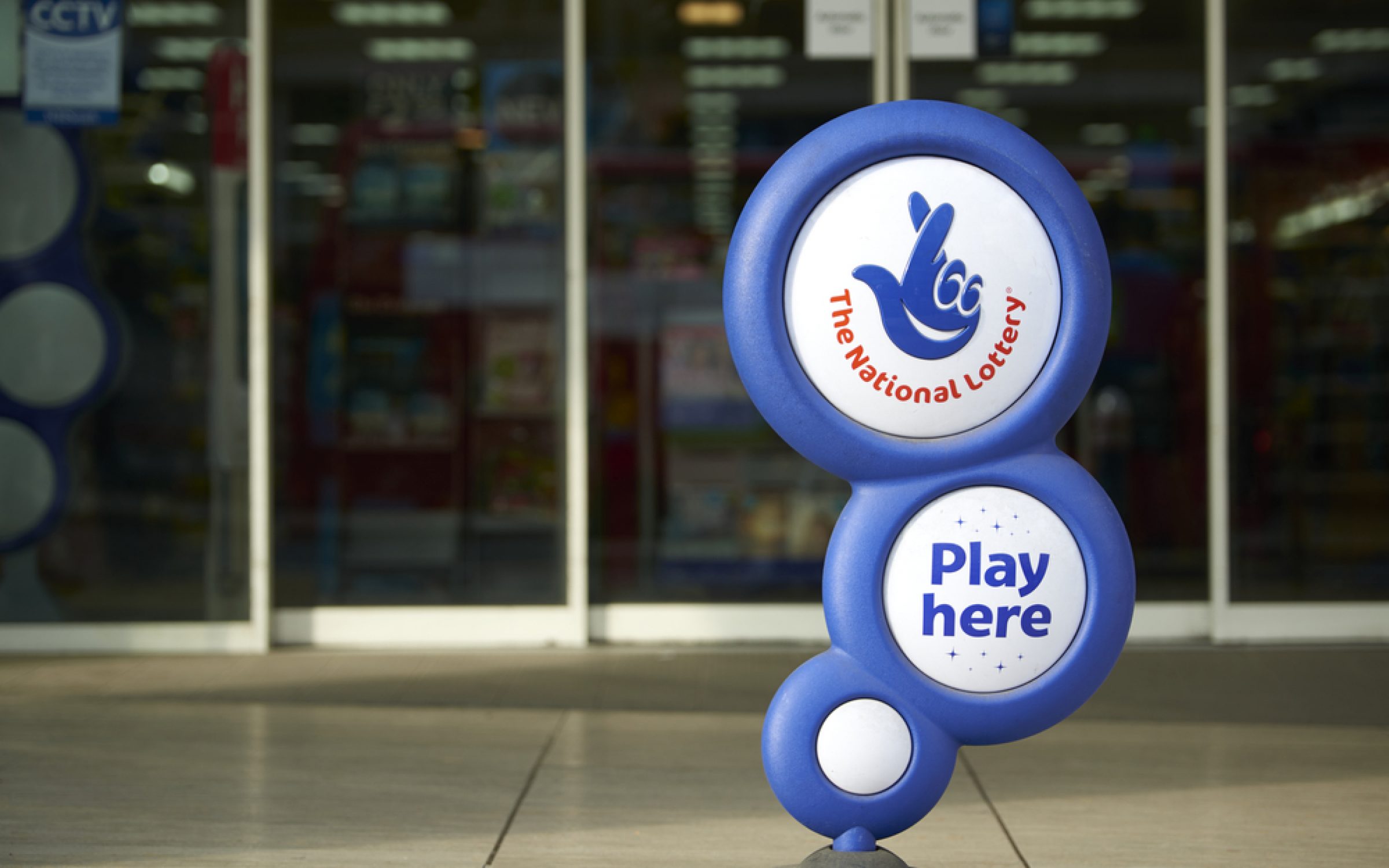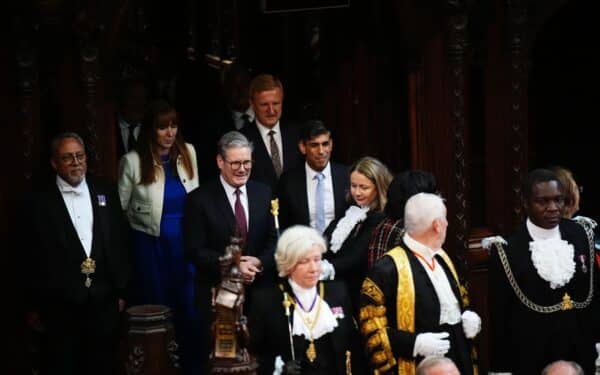On 14 November 1994, John Major officially launched the National Lottery in the shadow of the Tower of London. Having remarked gravely that “daybreak at the Tower has been an inauspicious moment for some”, the then Prime Minister exhorted that “an immense but exciting task lies before those entrusted with distributing this money. So let’s get their Lottery; your Lottery; Britain’s National Lottery, switched on and under way.”
How pertinent this clarion call must seem to the Gambling Commission, the national regulator responsible for the award of the fourth lottery licence, as it awaits the outcome of this month’s two-day court hearing to determine whether it can proceed to appoint Allwyn as the successor to Camelot, the operator of Britain’s National Lottery for the last 28 years.
The stakes are high. And, according to former Camelot CEO Dianne Thompson (who as recently as 2021 was being paid £800,000 per year by her former employer), so are the risks to the money raised for good causes. This seems a spurious claim as any money required to cover potential legal damages arising from the forthcoming legal dispute between competitors for the Lottery licence has to be paid by the government rather than diluting monies available to good causes – as the current bosses of Camelot grudgingly accepted in court this month.
On the other hand, any delay that Camelot’s litigation causes to Allwyn’s roll-out of the fourth licence may well risk money for good causes, as the court also heard last week. And as the court itself observed, delay to the roll-out will mean that many of the innovations Allwyn will introduce in the fourth licence will also be delayed. One of the consequences of that delay will be an impact upon the problem of addiction to gambling, which ought to be a significant concern for everyone.
It is hard to argue against the Gambling Commission’s statement to the court that: “Setting yourself up as an Special Purpose Vehicle [as Camelot did in 1994] and then saying there is an existential threat simply does not work as a matter of law.” As the Gambling Commission also explained, “Camelot UK took a decision to operate as they did and it was perfectly foreseeable that they might lose a contract.”
In truth, Camelot’s claims are all about money. Not particularly about the money directed to good causes, although clearly one must expect any future operator of the National Lottery will fulfil its commitments in this regard alongside protecting all those who choose to gamble their money on lottery products in shops and online. Rather, the current furore around the outcome of the competition for the fourth licence is straightforwardly about commercial profit, or more specifically, the loss to Camelot after 28 years, three licences and two legal challenges of the right to continue making commercial profits out of the National Lottery.
It is reported that Camelot’s Canadian owner, the Ontario Teachers Pension Plan, has received over £700m in dividends since 2010. Any commercial organisation would be upset to be put on notice that this profitable operation will have to cease. And it must be even more painful after 28 years. However, given the importance of the billions that are raised for “good causes”, the award of the licence to run the National Lottery is an enormous privilege and, notwithstanding the need for a fair competition, the winning organisation ought never to lose sight of the fact that that licence is for a fixed term and will come to an end sooner or later.
Marc Etches is the former CEO of GambleAware, a gambling harms charity.




